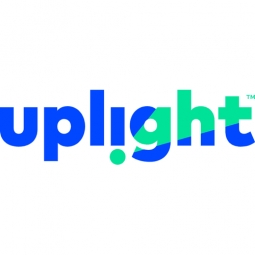Uplight
Case Studies
Advancing Behavioral Energy Efficiency Programs with Duke Energy
Overview
 |
Advancing Behavioral Energy Efficiency Programs with Duke EnergyUplight |
Functional Applications - Remote Monitoring & Control Systems Analytics & Modeling - Predictive Analytics | |
Utilities | |
Facility Management | |
Energy Management System | |
System Integration Software Design & Engineering Services Data Science Services | |
Operational Impact
| Uplight's MyHER program has completed six redesigns and over 106 feature upgrades, ensuring continuous improvement and relevance for customers. | |
| The program includes 13 variations of the welcome letter, three envelope designs, and seven HER templates to cater to different customer segments, including low-income and multi-family households. | |
| Uplight's My Home Energy Interactive web portal has facilitated over 1,000 'Ask an Expert' conversations, diverting common questions from call centers and providing responsive virtual interactions. | |
Quantitative Benefit
| Uplight has helped Duke Energy achieve 1.8 terawatt hours of energy savings, equivalent to powering 128,000 homes for a year. | |
| Customers have saved more than $180 million on their electricity bills through the BEE program. | |
| Uplight has sent over 79 million home energy reports (HERs) to Duke Energy customers, with an opt-out rate of only 0.18%. | |


